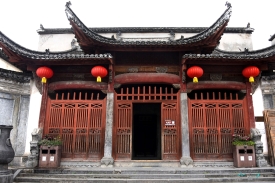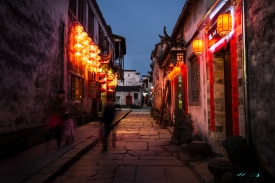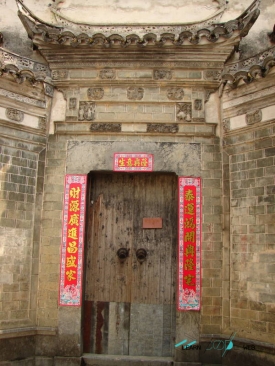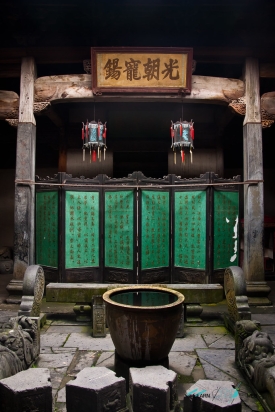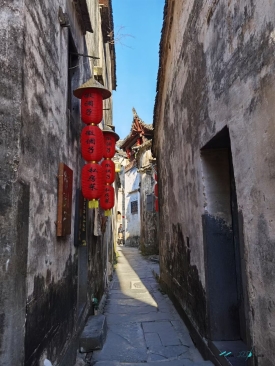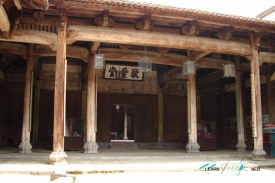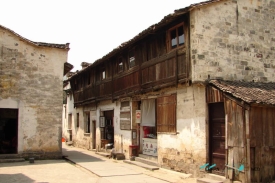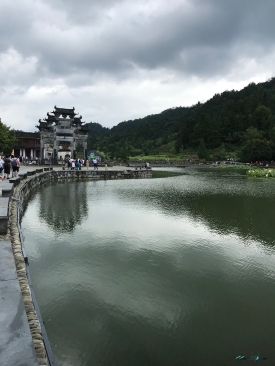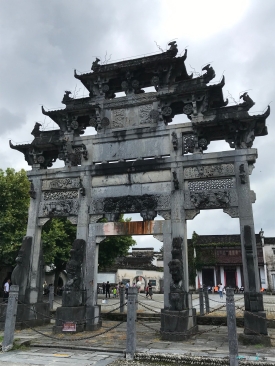ABOUT Xidi Village
Complete Guide to Visiting the UNESCO World Heritage Village in Anhui, China.
The founder of Xidi was a son of Emperor Li Ye of the Tang Dynasty, who fled conflicts and settled in the village, changing his surname to Hu. From 1465 onwards, the Hu family prospered through trade, building homes, temples, streets, and bridges. The village reached its peak prosperity between the 18th and 19th centuries when it featured approximately 600 residences.
Jingai Hall and Zhuimu HallTwo landmark buildings located in small squares serving as community centers.
What is Xidi Village?
Xidi Village is an ancient village located in Anhui Province, eastern China, near the iconic Huangshan Mountains. Designated as a UNESCO World Heritage Site in 2000, this picturesque village is famous for its exceptional residences and traditional architecture dating primarily from the Ming and Qing dynasties.History of Xidi Village
Founded during the Song Dynasty in the 11th century, the village was originally named "Xichuan" due to a river flowing westward through the village. It later received its current name, Xidi, after an old postal station known as "Pudisu" located west of the village. It is poetically known as "the home within the Peach Blossom Paradise."The founder of Xidi was a son of Emperor Li Ye of the Tang Dynasty, who fled conflicts and settled in the village, changing his surname to Hu. From 1465 onwards, the Hu family prospered through trade, building homes, temples, streets, and bridges. The village reached its peak prosperity between the 18th and 19th centuries when it featured approximately 600 residences.
Top Attractions in Xidi Village
Ancient Ming and Qing Residences
Xidi preserves 124 well-maintained ancient residences notable for their sloped roofs, inner courtyards, and walls adorned with intricate stone carvings.Ancestral Temples
The village has three significant ancestral temples, essential for understanding the village's cultural and spiritual traditions.Hu Wenguang Memorial Arch
An iconic structure decorated with elaborate sculptures, representing the village's historical prosperity.Jingai Hall and Zhuimu HallTwo landmark buildings located in small squares serving as community centers.
Cobbled Streets and Alleyways
The narrow, cobbled streets paved with local blue stone run alongside small streams, creating a picturesque setting.
Traditional Gardens
Local gardens are characterized by intelligent spatial layouts, combining architectural and natural elements to offer multiple visual levels and poetic atmospheres.
How to Get to Xidi Village
To visit Xidi Village, first travel to Huangshan City (Tunxi), easily accessible by train or airplane from Shanghai, Hangzhou, or Beijing. From Huangshan, Xidi Village is approximately a one-hour drive or bus ride away.
The Best Pictures of Xidi Village
Videos of Xidi Village




